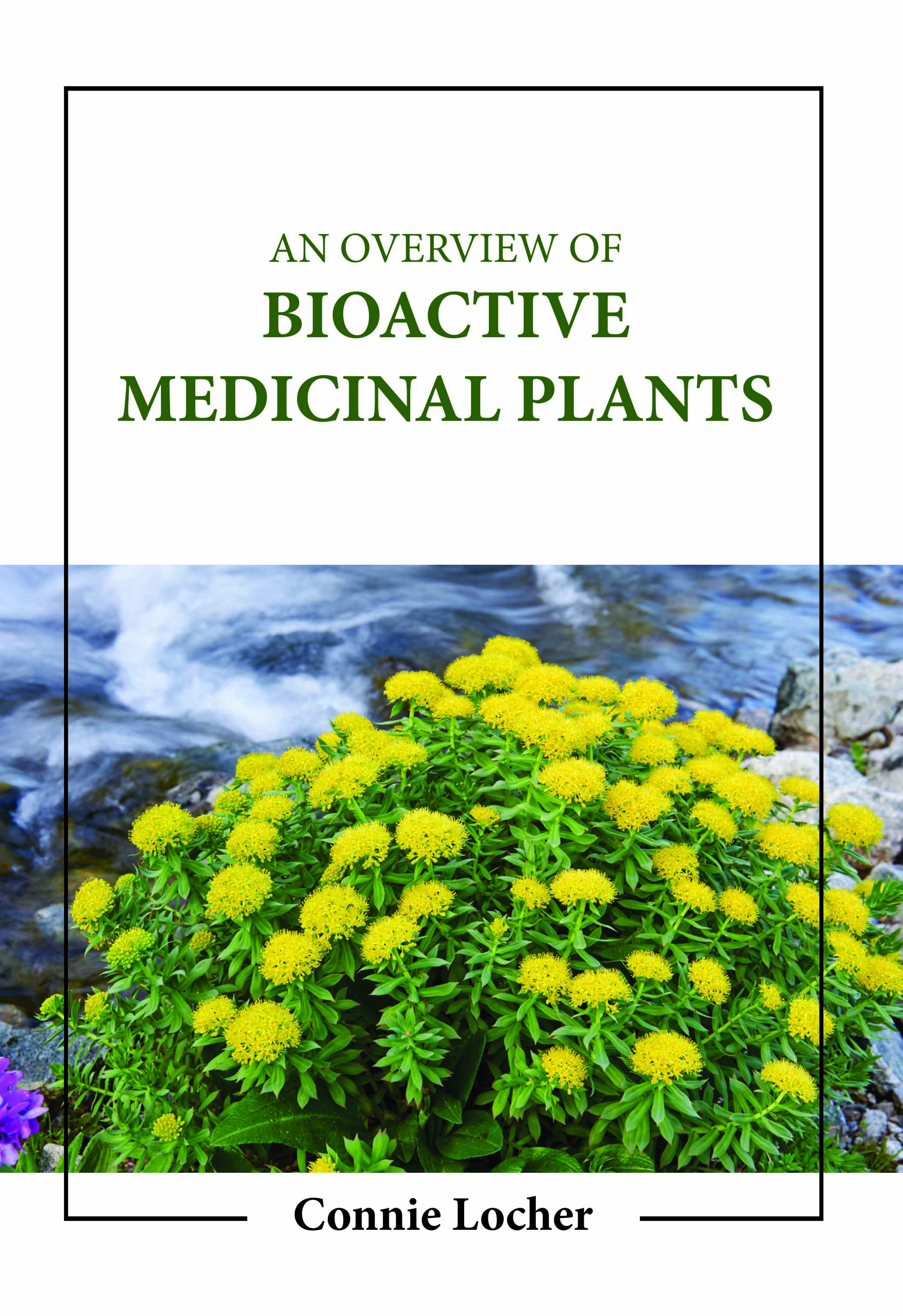
An Overview of Bioactive Medicinal Plants
by Connie Locher
| ISBN | 9781806246328 |
|---|---|
| Publisher | Digital Drive Learning |
| Copyright Year | 2026 |
| Price | $263.00 |

by Connie Locher
| ISBN | 9781806246328 |
|---|---|
| Publisher | Digital Drive Learning |
| Copyright Year | 2026 |
| Price | $263.00 |
The primary plant metabolites connected with photosynthesis, such as carbohydrates, amino acids, and simple lipids, are the source of bioactive principles, also known as plant secondary metabolites. Plants that can be used either directly or indirectly to treat various illnesses are considered medicinal plants. Over 30% of medicinal formulations worldwide are derived from plants. Researchers from all over the world are working to uncover the valuable properties of medicinal plants to lessen human suffering. Due to their unequaled availability and chemical variety, bioactive principles are the basis for the therapeutic effects of medicinal plants and offer limitless prospects for new drug leads. Standardized plant extracts' positive or negative effects depend on the unique chemical properties of the bioactive ingredients. Biologically active substances called phytochemicals are present in plants and have curative and disease-preventive effects. In cell lines and several clinical trials, they have demonstrated chemotherapeutic and chemopreventive properties. This section provides a few examples of plant-derived substances with anticancer therapeutic effects that don't harm healthy cells. Patients, even those dealing with serious illnesses like mesothelioma, are increasingly interested in using herbs, plant extracts, botanicals, spices, and vitamins. Although there are several false claims that plants and herbs can treat or cure cancer, conventional medical care should not be replaced by using these natural remedies. The current book examines the most recent advancements in plant medicine. It offers crucial knowledge on diverse plant bioactive substances and how to create medications using them.